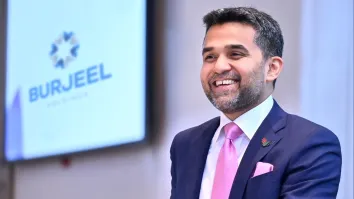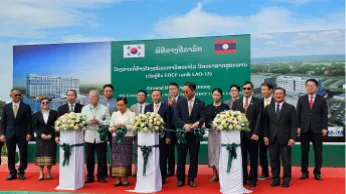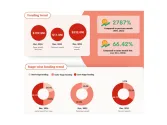
Philippines' healthcare spend to grow 9.2% to US$36b in 2026
Thanks to higher government expenditure.
It has been noted that generic drugmakers will be the primary beneficiaries of the Philippine government's investment into healthcare.
According to a research note from BMI Research, while the expansion of universal healthcare is a positive for the broader pharmaceutical sector, the specific target of President Rodrigo Duterte's 2017 budget and other public health initiatives are on expanding healthcare access to low-income Filipinos.
This will grow a patient segment that, given constraints on affordability, will demand for low-cost pharmaceuticals. Such opportunities will spur greater investment from both multinational drugmakers with strong generic portfolios and Indian pharmaceutical firms, intensifying the level of competition.
Here's more from BMI Research:
The outlook for healthcare access in the Philippines will continue to improve as the government's commitment to the sector remains unchanged under President Rodrigo Duterte. Aligning with our view that Duterte will take a less controversial stance with regards to healthcare policy , the President allocated 20% of the PHP5b (USD100m) donation from the Philippine Amusement and Gaming Corporation towards funding medicine costs for low income Filipinos.
This initiative will be managed by the Department of Social Welfare and Development in coordination with the Department of Health. According to officials, social workers can provide funding for medicines lower than PHP5,000 (USD100) and up to PHP25,000 (USD500) with an approval from the field office. This reinforces our expectations for healthcare expenditure in the Philippines to grow steadily through to 2026, rising from PHP722b (USD15b) in 2016 to PHP1,743b (USD36b).
This is a strong 10-year compound annual growth rate of 9.2% in local currency and US dollar terms. Growth will be driven primarily from government spending due to the continued expansion of universal healthcare over the forecast period which will see its contribution to total healthcare spending rise from 36% in 2016 to 44% by 2026.



















 Advertise
Advertise







